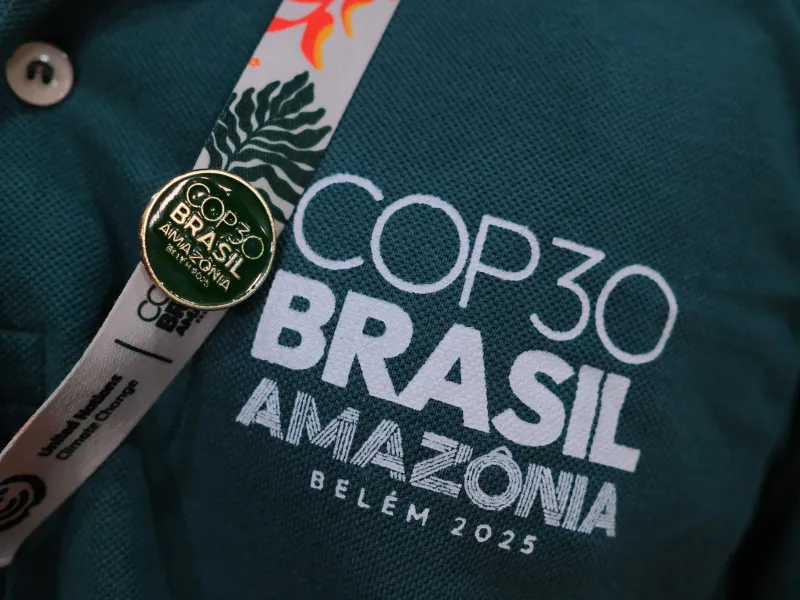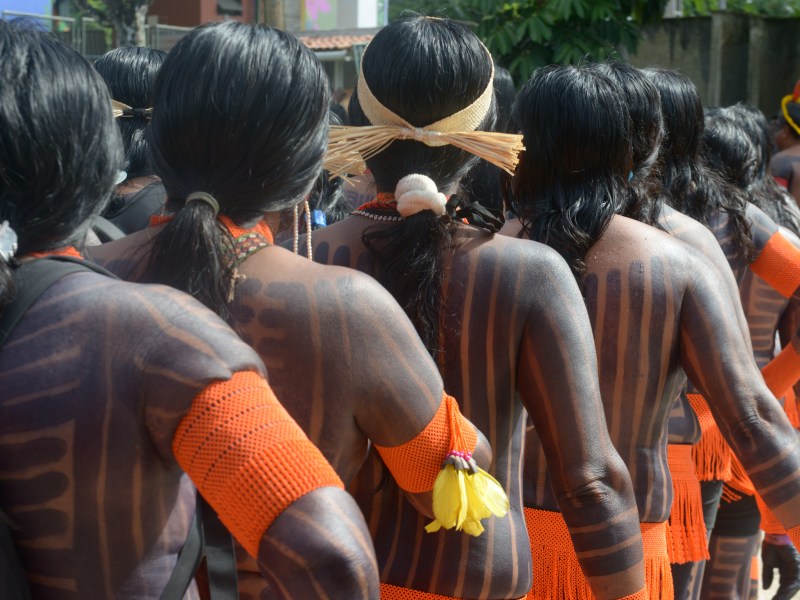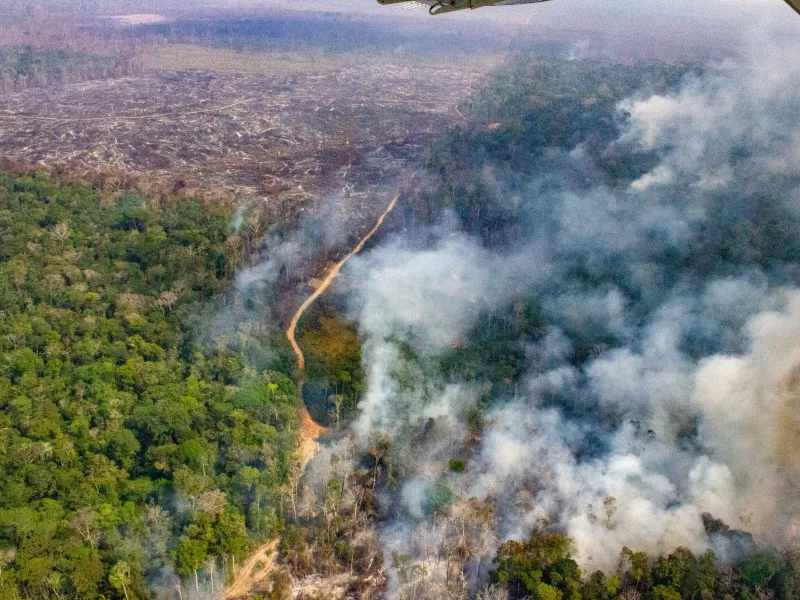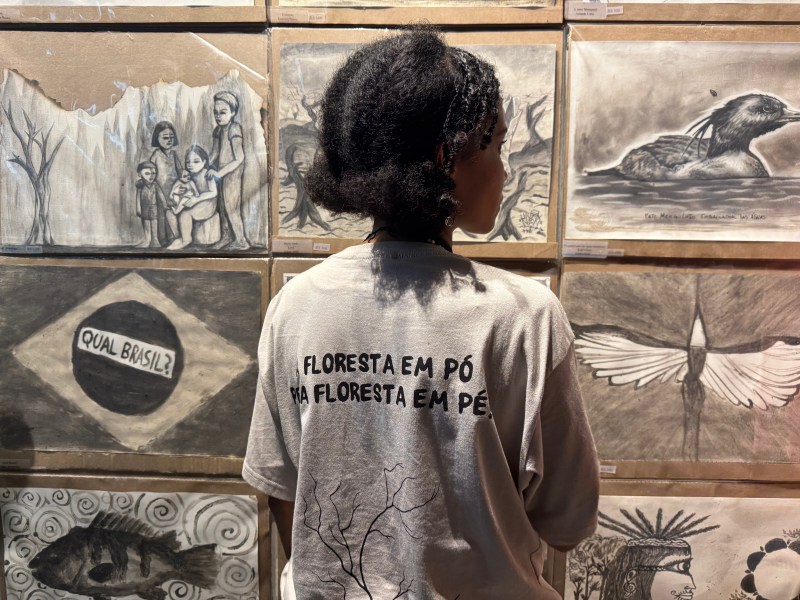In its second draft, the Gender Action Plan for 2026-2034 acknowledges inequalities and mentions some vulnerable groups but still treats race as a detail.
News
False Climate Solutions Advance in the Amazon as COP30 Discusses the Planet’s Future
In Belém, public hearings symbolically tried 21 cases of socio-environmental violations. Experts warn: greenwashing has become more sophisticated and turned into a disinformation strategy.
The Path of Science into Climate Policy
Researchers provide the data that proves the problem and suggest solutions for different scenarios, while the Scientific Council on Climate acts as support to ensure that the COP30 presidency makes decisions in the right direction.
Quick as Fire: Misinformation Becomes a Political Weapon Over the Fire at COP30
Fire at the conference is being used on social media to reinforce misinformation about the Chinese artwork gifted to Brazil.
COP30 Daily: What’s Happening in the Final Days of Climate Negotiation
See what is moving forward — and what is stalling — in the negotiations of the final week of the 30th United Nations Climate Change Conference.
One in every 25 COP30 attendees works for the oil industry
More than 1,602 representatives from the oil and fossil fuel industry have been accredited for the 30th United Nations Climate Change Conference (COP30) in Belém, according to the Kick Big Polluters Out (KBPO) coalition. This equates to one in every 25 participants at the event, according to the organization’s analysis. Meanwhile, social organizations are seeking […]
Women Environmental Defenders from the Amazon and Africa Draw Parallels from the Frontlines of the Climate Crisis at COP30
Juma Xipaia and Joanita Babirye, two leaders from the Global South, report on violence, funding barriers, and the erasure of women in climate policy— and advocate for the conference to recognize those who support real solutions in the territories.
Government and NGOs secure US$120 million for protected areas with traditional peoples in the Amazon
New phase of program launched 23 years ago will strengthen 60 federal and state-protected areas.
At COP30, Researchers Call for Expansion of Brazil’s Zero Deforestation Target by 2030
Given the climate emergency, the federal government’s plan should include forest degradation, align targets with states, and improve rural credit, say researchers in Belém.
Environmental Defenders from the Global South Show Why Climate Justice Starts with Funding
While countries in Latin America, Africa, Asia, and Oceania account for the majority of murders and threats against environmental defenders, donors still hesitate to fund comprehensive protection networks.











